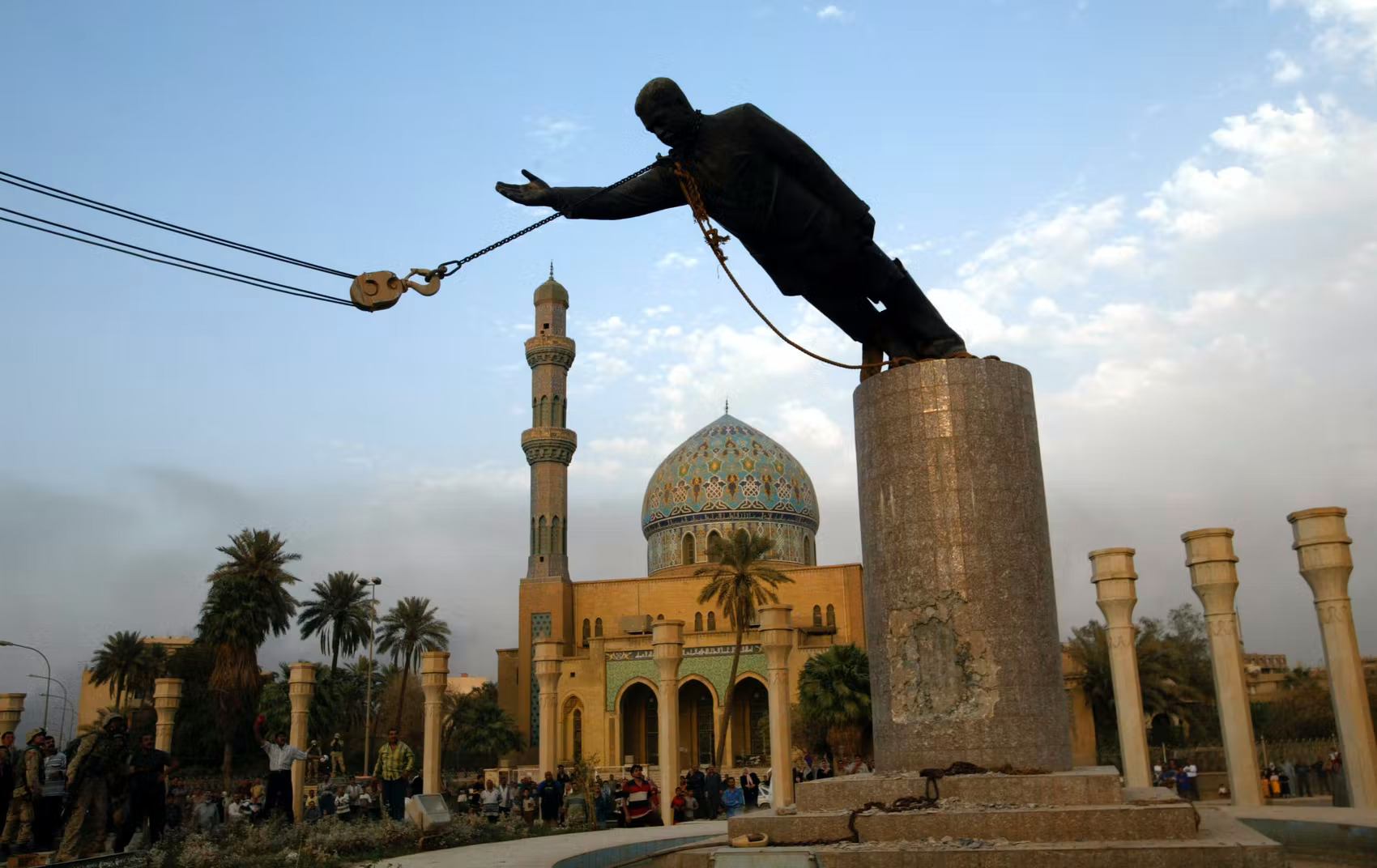 With Barack Obama’s overseas trip, the US military action in Iraq is being discussed more intensely as a political and policy issue. A few points:
With Barack Obama’s overseas trip, the US military action in Iraq is being discussed more intensely as a political and policy issue. A few points:1. Invading Iraq was clearly a gargantuan mistake, but John McCain’s position is still that it was the right thing to do. Americans were intentionally misled by their government to gain support for the action; international laws were violated; a new doctrine of initiating a preemptive attack was put forth; hundreds of billions of dollars have been squandered; 4,124 American soldiers have been killed, more than 30,000 have been injured and possibly hundreds of thousands Iraqis have been killed as a result of the invasion and sectarian violence that followed. How can McCain stand by this decision?
2. The “war” was over when Baghdad fell. This is an occupation. The US military did its job quite quickly in 2003. The first rockets were fired on March 19 and the tanks rolled across the Iraq/Kuwait border soon after. On April 9 we all saw the state of Saddam Hussein toppled in Baghdad’s Firdos Square. After that the US military became an occupying force, which is an extremely difficult position in which to put soldiers – especially when no one had bothered to come up with a plan on how to do it. McCain keeps talking about Iraq in terms of winning or losing, but American military forces won the battle in three weeks and have been left to dangle since then when the focus should have been on getting them out.
3. The goal of the surge was to allow for political reconciliation. This was how it was presented to Congress and the American people back when the strategy was proposed. Sending in 30,000 more US troops would restore some type of order in Baghdad so that the political issues facing Iraq could be addressed. No one ever doubted that sending in more troops would make it somewhat easier to control the insurgents; the questions dealt mostly with the inability of Iraq’s government to work together and solve problems. Not long after the final surge troops arrived last summer, Iraq’s national legislature had the nerve to take a month off because it was too hot to work in Baghdad. Since then there has been limited political progress, but some – if not the majority of the credit – has to go to the Sunni tribal chiefs, who decided to cooperate with US forces before the surge; the ceasefire ordered by Muqtada al-Sadr and his Mahdi Army; and the show of force in Basra by Iraq Prime Minister Nouri al-Maliki. McCain is campaigning hard on the idea that the surge was the right policy and that he was its strongest Congressional supporter, while Obama opposed it. The surge was somewhat helpful to short-term political goals in Iraq, but being that Obama’s stated position is to remove the troops as soon as possible he was correct to oppose it.
No comments:
Post a Comment